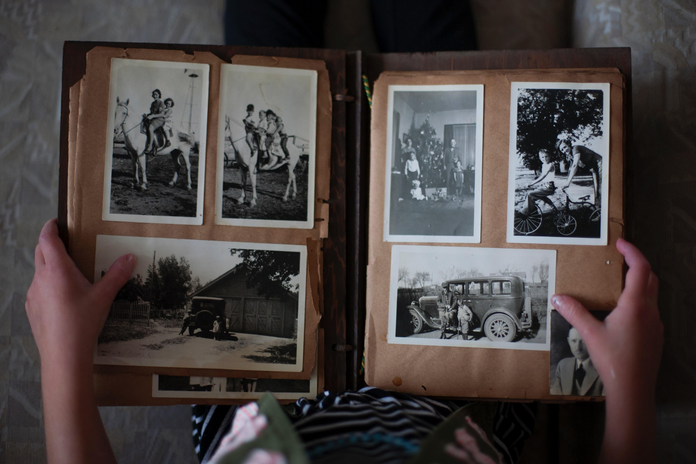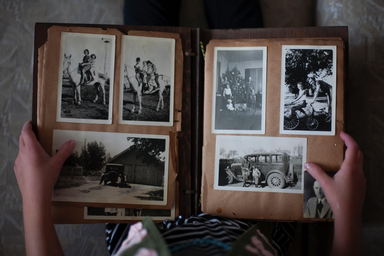There’s an unspoken feeling everyone over the age of 18 experiences after finishing a Disney movie. After singing all the songs, quoting the best parts and getting teary-eyed at the climax, a particular emptiness falls like a coin into the gut of the viewer. The feeling isn’t entirely happy or sad- it falls at the paradoxically middle point of both these emotions. Nostalgia happens to the best of us.
The inexplicable feeling brought on by nostalgia should be uncomfortable. That very fact that the essence of it can’t be definitively described should be intolerable. Why is nostalgia so comfortable? This concept is explored in an article called, “Nostalgia: A Neuropsychiatric Understanding” by Alan R. Hirsch. Hirsch explores the many aspects of nostalgia from a science-y perspective, which will be put in layman’s terms here.
What Is Nostalgia?
Dictionary.com defines nostalgia as, “a wistful desire to return in thought or in fact to a former time in one’s life, to one’s home or homeland, or to one’s family and friends; a sentimental yearning for the happiness of a former place or time.”
It’s a sense of something familiar, something that feels like home. It evokes happiness, yet an unsatisfying kind as the memory we yearn for is something that already passed. It completely relies on the past whether it’s past memories, people, experience or objects.

Nostalgic memories are romanticized
There’s an ephemeral nature about the past. It’s something that only exists in a confined time and it can never be returned. It comes, and before we even have the chance to appreciate the moment, it’s gone. It becomes a memory- stored in the archives of our minds waiting to be remembered.
Nostalgia capitalizes on this reality. The very fact that the past can very recur makes it more appealing. The phrase “rose-coloured glasses” couldn’t be more relevant. The memory might not be as great as we recall, but nostalgia presents an idealized version.
We may remember nostalgic memories as being better than they actually were. In a way, we are our own personal hype-man to our thoughts.

Nostalgia is a sensory experience
Nostalgic memories aren’t limited to one sense, they involve all our senses. It could be a sight, sound, touch, taste and especially smell. The sense of smell is commonly linked with emotions. What else is heavily related to emotion- that’s right, nostalgia.
Imagine this- it’s the night before Christmas, Home Alone is on for the millionth time and you’re smooshed on the couch with your family. The aroma of freshly baked cookies floats into the room and completely fills the space with the scent.
This may or may not be a memory you’ve tangibly experienced, but it paints a picture. Whether or not you celebrate Christmas at, or in this way, it generally evokes feelings of comfort. Sometimes you don’t even have to experience the exact memory as long as you can relate to some minute part of it.

Nostalgia often reminds us of home
Home isn’t just a structure or a location. It’s not just a group of people. It’s a collective of all these things. Home is a place that is familiar and certain. As we grow up in the overwhelmingly uncertain world of adulthood, we crave the certainty of home. Kids can’t wait to be adults and adults just want to be kids again- isn’t it funny how that works? It’s like humans are walking contradictions.
Even though nostalgia can be inflated and idealized, it’s still familiar. It’s a thought we relate to and yearn to revisit. It’s an extension of what we remember to be reality. It reminds us of home.

The combatting nature of nostalgia is hard to comprehend-it’s happy and sad all in one. Despite the paradoxical nature of the phenomena, it brings back memories and memories are beautiful. They help create the mosaic-like kaleidoscope that is our perception of the world. There’s nothing more personal than our memories. Although we can’t go back and visit the past, nostalgia reminds us to cherish the present moments more because they are all unique to us.


